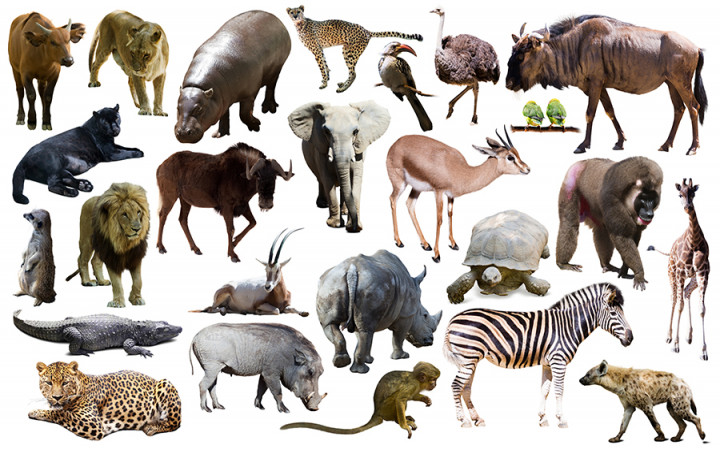Today’s Wonder of the Day was inspired by Alexandra. Alexandra Wonders, “Why do mothers go over 40 weeks in pregnancy?” Thanks for WONDERing with us, Alexandra!
Do you have a younger brother or sister? If so, you might remember the day you first learned from your parents that you were going to be getting a sibling. It's a memorable day when you hear you're going to be a big brother or sister!
Upon hearing the news, you might have WONDERed when he or she will get here. A new baby is a precious and exciting addition to any family. If you were anxious to see your new sibling, then you were probably disappointed to learn that it would be a while before he or she arrives.
In humans, the period of time it takes for a baby to grow in the womb to the point when it's ready to be born — called the gestation period — averages about 280 days or 40 weeks or about nine months. For a kid excited to meet a new sibling, that can seem like forever!
When you look at some animals, however, you might realize that a nine-month wait isn't all that bad. For example, when it comes to mammals, no one has to wait as long to give birth as the elephant.
It makes sense if you think about it. Elephants are the largest land mammals, and they also have the biggest brains. It takes time for an elephant baby, which weighs approximately 230 pounds when born, to develop.
How long? The average gestation period for an elephant is about 640-660 days or approximately 95 weeks or roughly 23 months. That's nearly two years!
Could you imagine waiting almost two years for a sibling to be born? The elephant's gestation period isn't even the longest in the animal kingdom, though. Here are some examples of some other really long gestation periods.
Black alpine salamanders have gestation periods that can last two to three years. The higher they live in the Alps, the colder it is and the longer their gestation period lasts.
Certain species of sharks also have long gestation periods. A basking shark carries its young almost three years, while the frilled shark has a gestation period of three and a half years.
If you look even deeper beneath the sea, you'll find another marine animal with a surprisingly-long gestation period. In April 2007, scientists discovered a deep-sea octopus over 4,500 feet deep in the ocean waters off California.
They decided to keep track of it over time when they noticed a month later that it was guarding eggs. They had to return over and over again until, finally, the babies were born after a gestation period of 53 months. That's almost four and a half years!
Scientists were surprised, since that's over twice as long as most octopuses that live in more shallow waters. Scientists believe the cold temperatures found in deeper waters lead to a slower rate and thus a longer gestation period.




